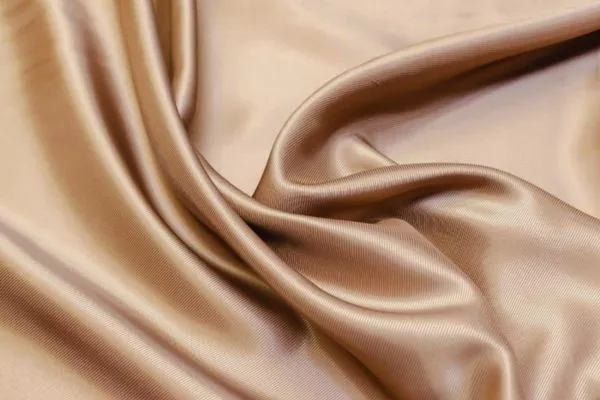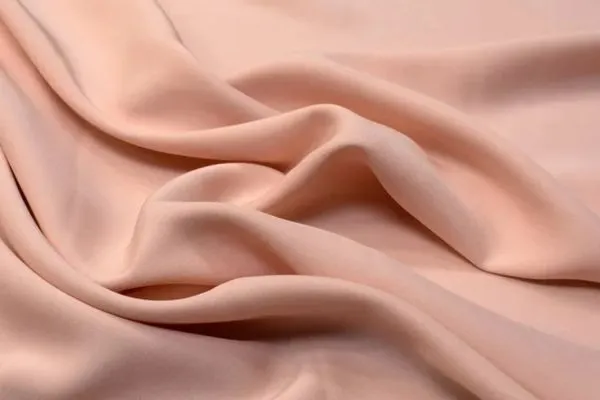Viscose is a popular fabric in the textile industry. Manufacturers produce various types of garments and textile products using this fabric. However, consumers may be concerned about the useability of viscose garments. Is viscose good to wear? Or Is Viscose Bad for Skin?

You can wear viscose, a synthetic textile, close to your delicate skin without risk. Since it is a cellulose fiber, its source is plant-based. The majority of uses for cotton employ this fabric. Viscose is excellent for delicate skin since it feels like silk or cotton.
Table of Contents
An Overview of Viscose
Viscose is an artificial semi-synthetic fabric made from cellulose fibers. It finds its application in the manufacture of clothes and textiles. Viscose is a flexible fabric that may be used for a variety of apparel products and is inexpensive to create.

Fabrics made from this material are soft and light with a smooth silky feel; thus, it’s great for making dresses, blouses, and lining. Linen viscose is said to be highly absorbent and good to wear in hot climates. However, since this is processed with harsh chemicals, many raise doubts about its safety for the skin.
Is Viscose Bad For Skin?
Viscose is generally safe for the skin but may cause irritation for sensitive individuals. It’s a semi-synthetic fiber derived from wood pulp. While breathable and lightweight, its chemical processing can sometimes lead to allergies or skin discomfort.
Chemical Dust
During its processing, viscose is treated with several chemicals, which include sodium hydroxide and carbon disulfide, among others. If these impurities exist in the fabric they can irritate sensitive skin unless it is completely removed. Furthermore, people with allergies and skin disorders may be more susceptible to reactions from this type of residue.
Allergic Reactions
Itching, redness, and rashes might be caused by an allergic reaction to viscose or its chemical treatments. If wearing clothing made of viscose causes any form of skin discomfort, you might want to stay away from it. Mainly who have sensitive skin may suffer more from it. If you have sensitive skin and a history of skin issues, this could be a concern while using viscose-made dresses.
Choosing Wise Solutions
To avoid any unexpected skin issues you can choose viscose-made clothing wisely There are several ways to reduce the risk of wearing viscose-made dresses. The following advice will help reduce the negative effects of viscose fabrics:

Premium Brands always maintain quality, so choose companies that emphasize sustainability and the quality of their fabric washing.
After buying new clothes you can Clean them before Wearing them. New viscose clothing can benefit from a pre-wear wash to help remove some of the remaining chemicals. Fabric softeners can cause skin irritation, so it is preferable to use a mild detergent.
Wrap up
It is a concern that while viscose fabric provides comfort and breathability, there is a worry that it can sometimes be harmful to skin that is fragile. The potential allergies and leftover chemicals from the production of viscose may be especially harmful to people with sensitive skin. These risks can be reduced in these situations by choosing high-quality viscose items and washing them beforehand. By keeping these things in mind, you may minimize the negative impact viscose has on your skin

Mahedi Hasan working as an Executive (Fabric Marketing) at Pengnuo Group. Graduated with B.Sc. in Textile Engineering. Before was a Top Rated content writer at Upwork, and Level 02 Seller at Fiverr, Level 02 Publisher at Ezoic. Very passionate about content writing, SEO practice, and fashion website designing. Highly Experienced fashion writer for the last 4+ years. Have extensive 7 years of experience in the wholesale clothing business.
